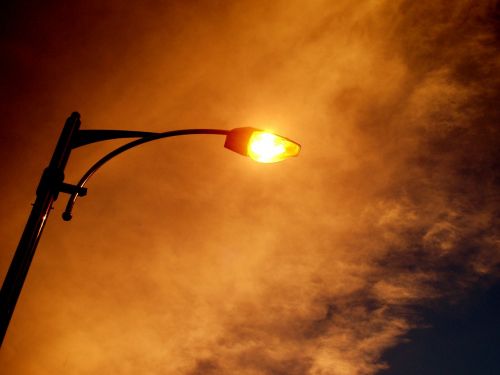 Unless your eyes are very sensitive to light, street lights won’t have a direct effect on your level of chronic pain. But did you know that there is an indirect correlation between nighttime lights and how intensely you experience your pain?
Unless your eyes are very sensitive to light, street lights won’t have a direct effect on your level of chronic pain. But did you know that there is an indirect correlation between nighttime lights and how intensely you experience your pain?
Multiple studies have found that there is a strong link between sleep disruptions and pain, each affecting the other in what is often a vicious cycle of discomfort. Lack of sleep can intensify the pain you already feel, and your chronic pain can interrupt or prevent your sleep.
Why is Sleep So Important?
It is common knowledge today that sleep deprivation contributes to myriad chronic health conditions, such as:
- Heart disease
- Arthritis
- Diabetes
- Obesity
- Depression
- Anxiety/stress
- Fatigue
Sleep is critical to the body’s restorative functions. If left unchecked, loss of sleep can have serious physical consequences. Without the body’s ability to rest and heal itself sufficiently, your metabolism struggles to work according to schedule, your immunity is compromised and the potential for injuries or accidents are increased during waking hours.
How Does Light Affect Sleep?
Light is a notorious sleep inhibitor. Daylight acts as a stimulant to the body in the form of alertness and energy, and light during nighttime sleeping hours can delay or prevent sleep, ‘throwing off’ the body’s natural circadian rhythm, (or ‘body clock’.)
Furthermore, light inhibits the body’s production of an important natural hormone, melatonin. Melatonin works in conjunction with your body’s circadian rhythm and helps to regulate your body temperature, hormone levels, blood pressure and nerve activity. By suppressing this critical hormone, you’re depriving your body of its all-important restorative sleep cycle.
It is important that in order to get the sleep your body needs, all interior lights should be turned off, and dark window shades or curtains should be closed to block exposure to the glow of street lights.
What Does Sleep Have to Do with Pain?
Some of the connections between lack of sleep and chronic pain are fairly obvious — for instance, poor sleeping habits can lead to obesity, which we already know can cause various body aches and pain conditions. Fatigue can increase the potential for physical imbalance and therefore risk of injury from falls or other accidents.
But from a physiological perspective, even slight disruptions in the sleep cycle can have a great impact on the way we experience pain. Sleep deprivation can lead to a condition in the central nervous system known as Central Sensitization. When this occurs, the central nervous system moves into a state of heightened reaction to pain, while the threshold for pain tolerance is decreased, resulting in a greater level of perceived pain.
Additionally, sleep deprivation also permits a greater release of pro-inflammatory modules, which can have a direct effect on the body in the form of muscle and joint aches.
If you experience chronic pain, sleep is an important factor in helping to minimize your discomfort. Research has shown that pain sufferers who get sufficient restorative sleep experience less pain and often have need for fewer pain medications. So be sure to turn off those lights, block the glow from street lights, and get some sleep!
Do You Live With Chronic Pain?
At Florida Pain Relief Centers, our highly skilled, board-certified physicians use the latest in state-of-the-art technologies to help relieve your pain and restore your quality of life.
As part of our multidisciplinary approach to diagnosis and treatment, our pain management specialists will also help you understand better day-to-day lifestyle habits and what factors play a role in increasing or diminishing your pain.
If you are tired of living with chronic pain and want more information on options for minimizing or eliminating your suffering, contact Florida Pain Relief Centers today at 800.215.0029 or visit www.yourpainreliefcenters.com to set up a consultation at one of our clinics.

